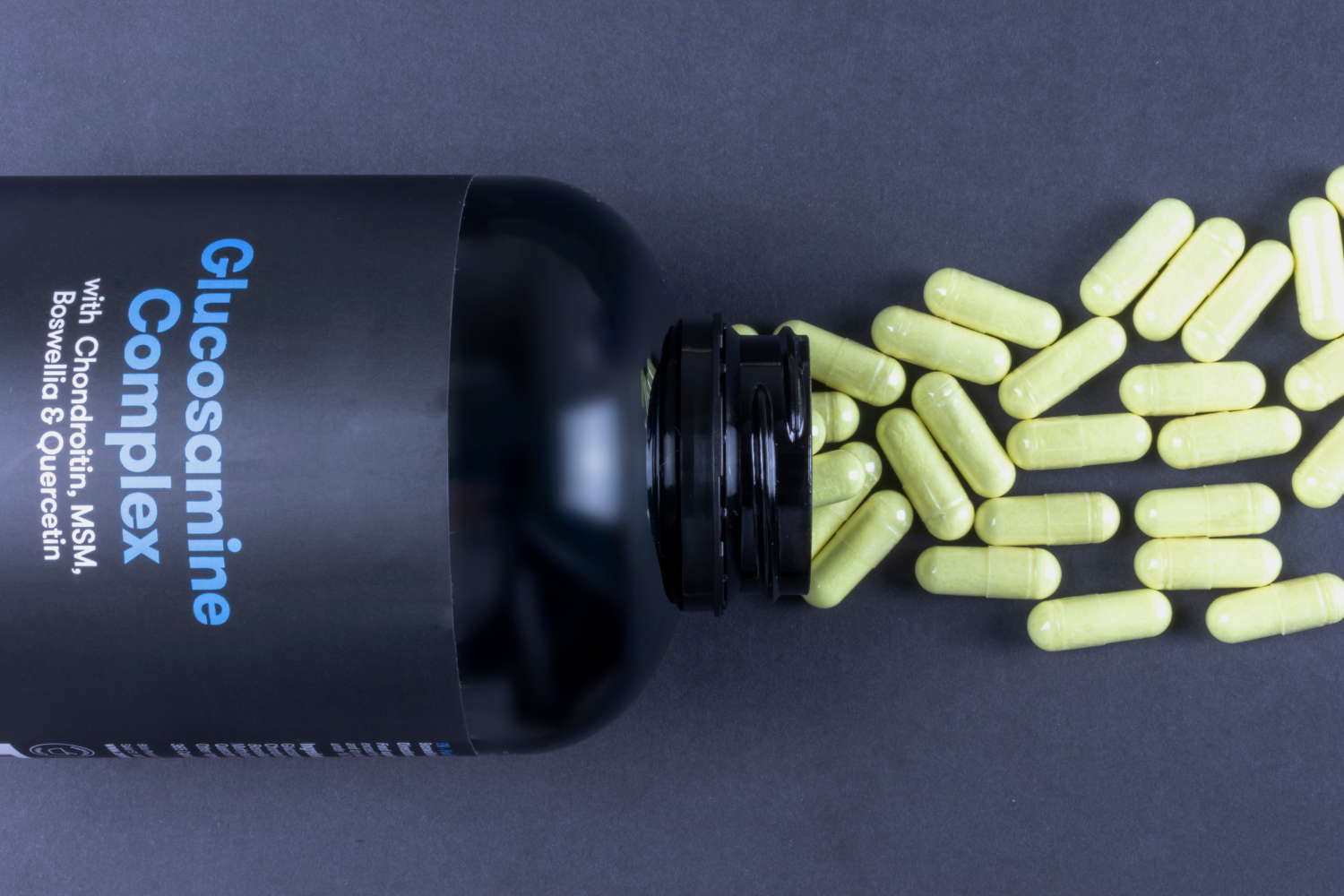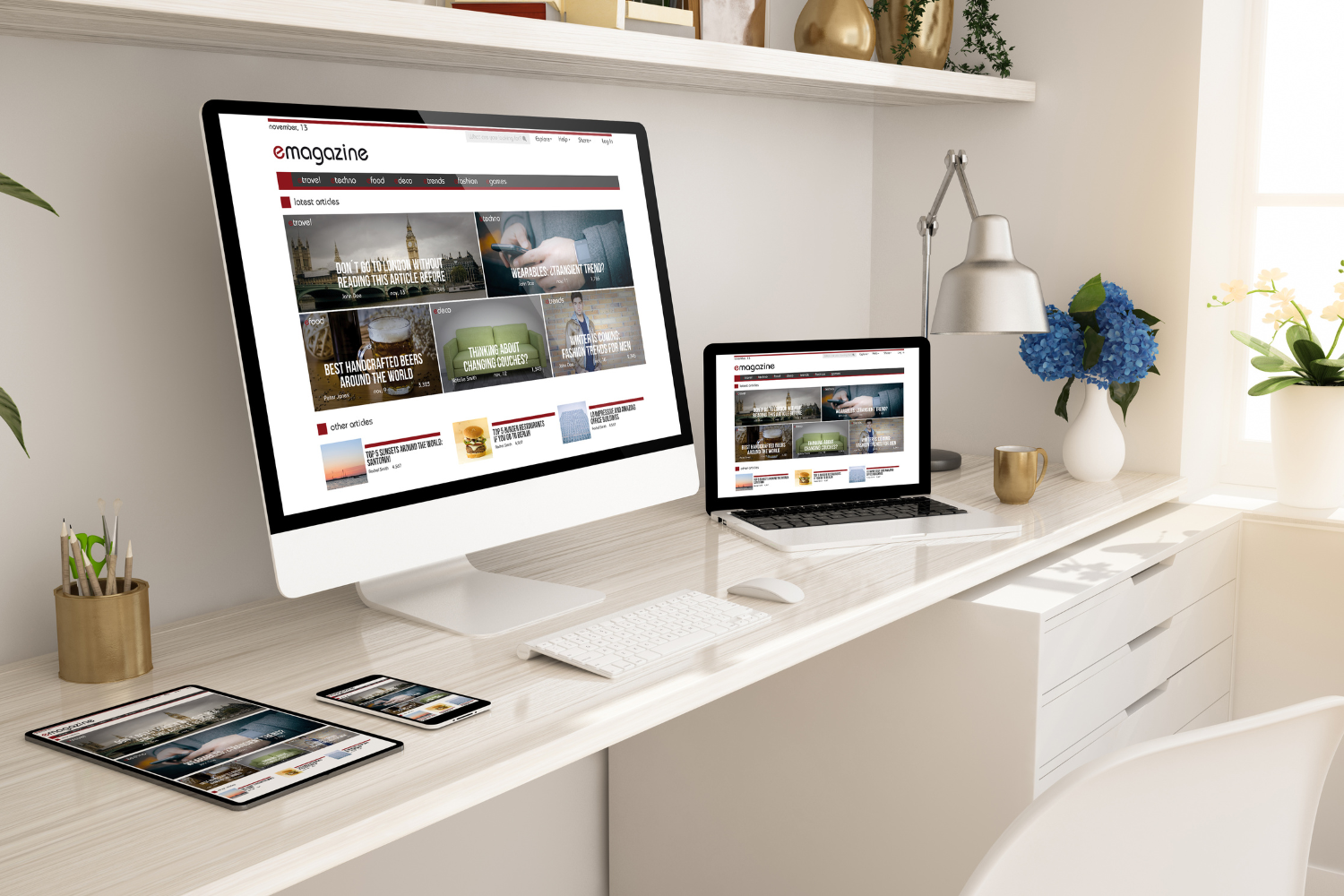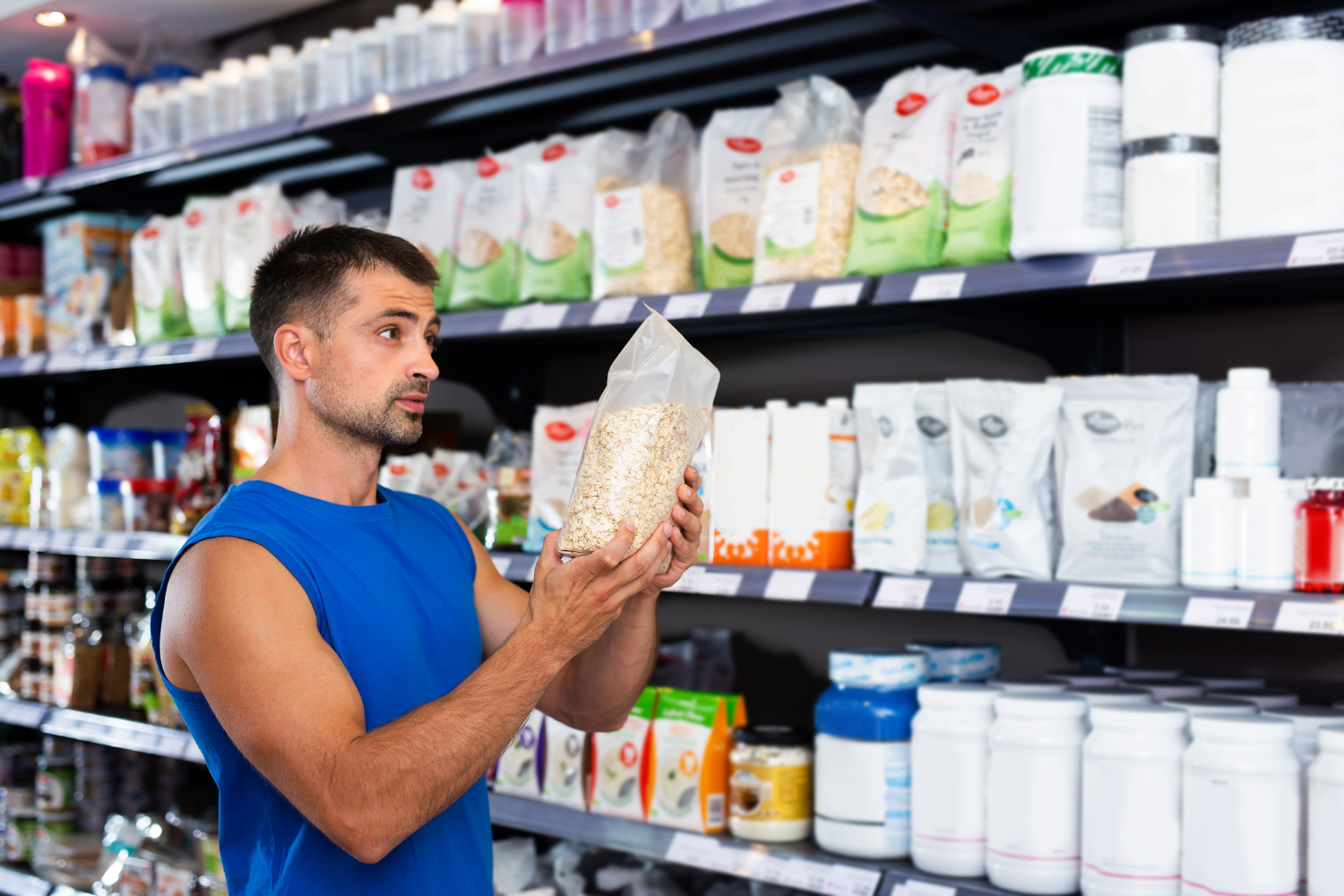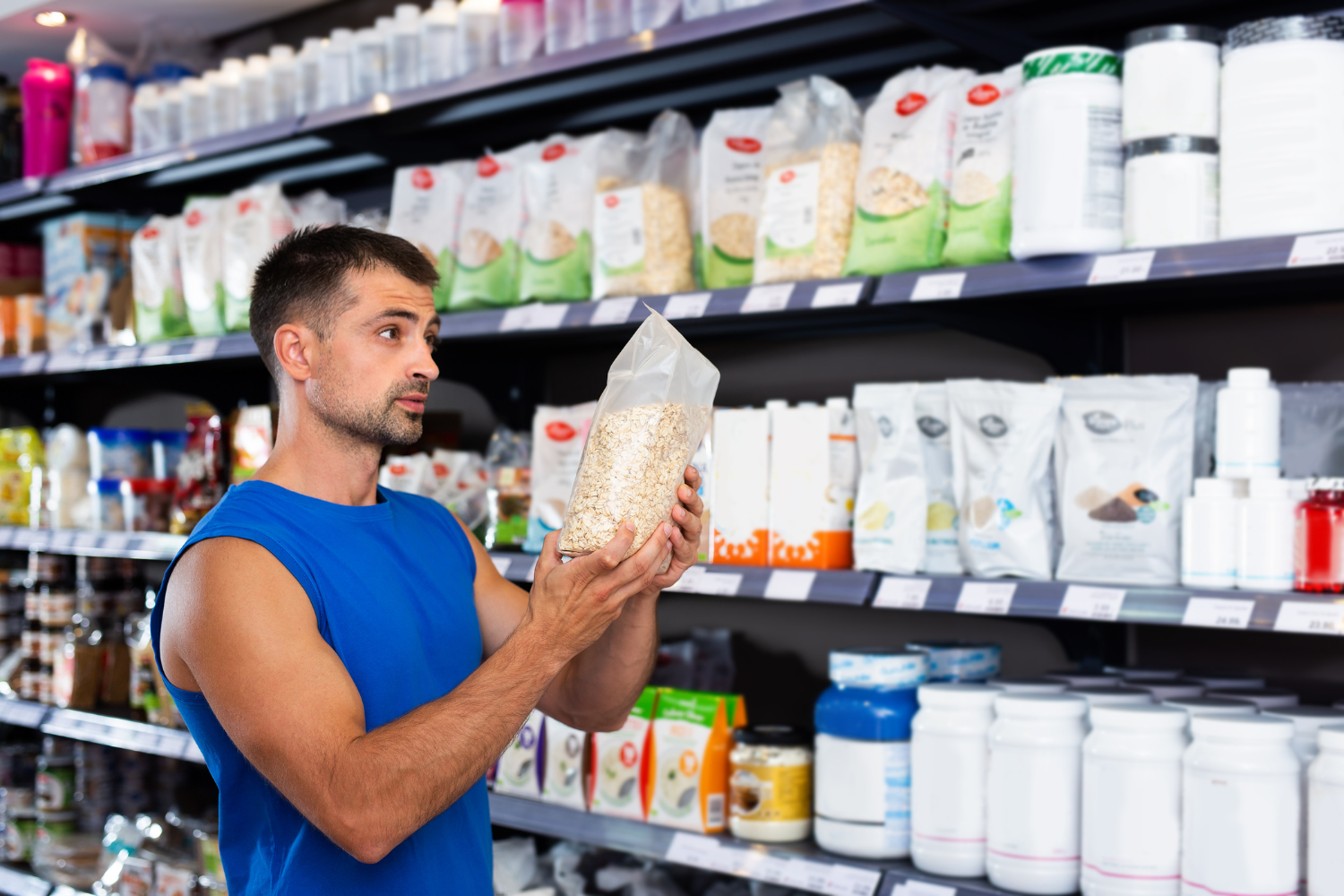A private label sports nutrition brand allows entrepreneurs to create their own line of high-quality sports supplements and nutrition products without the need to develop formulations from scratch. Private labeling involves partnering with established manufacturers to customize existing formulas, packaging, and branding under your business’s name.
The sports nutrition market offers tremendous opportunities due to the rising demand for protein powders, vitamins, and other nutrition supplements fueled by a focus on healthy lifestyles and physical activity.
This guide provides practical steps to help you successfully launch a private label sports nutrition brand. It covers everything from selecting high-quality ingredients to navigating the manufacturing process and creating products that meet industry standards.
Table of Contents
ToggleWhy Start a Private Label Sports Nutrition Brand?
The sports nutrition industry is booming, driven by the increasing demand for supplements, protein powders, and energy-boosting products. Starting a private label brand allows entrepreneurs to enter the growing market with streamlined processes compared to creating a brand from scratch.
Growing Market Opportunities
Interest in fitness, health, and wellness continues to rise as more people prioritize physical activity and a healthy lifestyle. This shift has fueled demand for sports supplements and other sports nutrition products. Entrepreneurs can take advantage of these trends to create a successful private label business.
Key market trends include:
- A growing preference for protein powders and amino acid supplements to support workouts.
- Pre-workout formulas are popular among consumers seeking products that may support their exercise routines.
- High demand for recovery drinks and post-workout nutrients are commonly used by individuals aiming to support muscle recovery after exercise.
- Consumer interest in natural, high-quality ingredients in sports nutrition products.

Low Barrier to Entry
Private labeling simplifies the process of entering the sports nutrition market. Entrepreneurs can work with supplement manufacturing companies that provide ready-made formulations, avoiding the high costs and complexities of creating formulas from scratch.
Instead of dealing with production, businesses can focus on marketing, packaging, and developing their brand. This allows entrepreneurs to quickly bring products to market without extensive manufacturing or formulation development expertise.
Customizable and Scalable
Private label products offer full flexibility in branding and packaging, enabling businesses to create unique labels, logos, and designs that reflect their identity. This customization helps brands stand out in a competitive market.
Scaling a private label sports nutrition business can be streamlined with proper supply chain management and market analysis. Once a core product line is established, entrepreneurs can expand by introducing more products, such as capsules, tablets, or powders, to meet customer demands and industry trends.
Steps to Start a Private Label Sports Nutrition Brand
Launching a private label sports nutrition brand requires careful planning and execution. Follow these steps to create a successful business in the growing sports supplements industry.
1. Identify Your Niche
Focusing on a specific target audience is essential to building a successful brand. Determine whether your products will cater to athletes, bodybuilders, endurance trainers, or those pursuing a healthy lifestyle. A clear niche helps meet customer needs and positions your brand as an expert in the field.
Niche products can help your brand stand out in the competitive sports nutrition market. For example, plant-based protein powders or keto-friendly supplements appeal to customers with specific dietary needs.
Popular product types include:
- Protein powders
- Energy supplements
- Amino acids (BCAAs)
- Pre-workout formulas

2. Research Private Label Manufacturers
Finding reliable private label manufacturers is a crucial step. Look for suppliers with certifications like NSF or GMP to ensure quality and safety. Consider factors such as minimum order quantities, available customization options, and their track record in the industry.
Platforms like online directories or industry-specific trade shows are great places to find trusted supplement manufacturers. Thorough research helps you partner with a manufacturer capable of delivering high-quality products.
Questions to ask your manufacturer:
- What customization options are available for formulas and packaging?
- What is the typical production and delivery timeline?
- Are ingredients sourced sustainably and tested for quality?
- Do you provide samples or trial runs?

3. Develop Your Brand Identity
Creating a strong brand identity is key to attracting customers and building trust. Your brand name and logo should be memorable and resonate with your target audience.
Tips to create a unique brand name and logo:
- Use simple, clear language that reflects your niche and values.
- Choose colors and designs that align with your brand’s purpose.
- Test your name and logo with potential customers for feedback.
Clear messaging is just as important. High-quality ingredients and adherence to safety standards can position your brand as a trusted choice. Use this messaging consistently across your marketing materials.

4. Design Product Packaging
Attractive packaging grabs attention and builds trust with customers. Design packaging that reflects your brand identity while clearly showcasing product benefits and features.
When designing packaging, compliance with labeling regulations is crucial. Ensure that your labels include the following:
- A complete ingredient list
- Serving size and usage instructions
- Certifications such as NSF, GMP, or organic certifications
- Any necessary warnings or allergen information

5. Build an E-commerce Website
A well-designed website is essential for driving sales. To improve user experience, optimize your online store with clear product descriptions, customer reviews, and easy checkout options.
SEO best practices are critical for e-commerce success. Optimize product pages with relevant keywords like “private label sports nutrition” and “high-quality supplements.” Blog content can help attract more traffic and educate customers about your products.
Social media and influencer marketing are powerful tools for brand promotion. To reach a wider audience, share engaging content on platforms like Instagram and TikTok and collaborate with fitness influencers.

6. Launch Your Products
A soft launch allows you to test your products with a small audience before scaling up. Use this opportunity to gather feedback and make improvements to your offerings.
Strategies for marketing and promotion:
- Run email campaigns targeting fitness enthusiasts and athletes.
- Partner with influencers to showcase your products in action.
- Use paid advertising to increase visibility and attract customers.

Cost Considerations
Starting a private label sports nutrition brand requires an understanding upfront and ongoing expenses. Careful planning ensures that costs can be managed effectively and profitability achieved.
Initial Investment
Launching your business involves various initial costs. Knowing these helps you prepare a realistic budget.
Typical startup costs include:
- Manufacturing: Minimum order quantities, ingredient quality, and formulation costs.
- Packaging: Custom labels, containers, and design services.
- Website Development: E-commerce platform setup, design, and hosting fees.
Ongoing Expenses
Running a private label sports nutrition business also involves recurring costs. These include marketing campaigns, inventory replenishment, and website maintenance to keep your store operational and appealing to customers. Allocating resources for regular updates and promotions ensures steady growth and customer retention.
Profit Margins
Private label products often provide higher profit margins compared to dropshipping or affiliate marketing. By working directly with manufacturers and controlling pricing, businesses can maximize earnings while delivering high-quality products to customers. Focusing on premium offerings, such as protein powders with high-quality ingredients, can further increase profitability.

Common Challenges and How to Overcome Them
Launching a private label sports nutrition brand comes with challenges, but proactive planning can help you overcome them effectively.
Managing Inventory
Maintaining the right stock levels is critical to balancing demand and avoiding overstocking.
Tips for managing inventory:
- Use sales data to forecast demand accurately.
- Start with smaller order quantities to minimize upfront risks.
- Work with manufacturers offering flexible minimum order requirements.
- Monitor trends in the sports nutrition market to adjust stock levels.
Building Trust in a Crowded Market
Earning customer trust is essential for standing out. Positive reviews, product certifications, and transparent sourcing help build credibility.
Staying Compliant with Regulations
Compliance with FDA guidelines and international standards is critical when selling supplements. Ensure your labels accurately list ingredients, dosages, and potential allergens. Partnering with reputable manufacturers who follow stringent quality standards helps maintain compliance and ensures the safety of your products for customers worldwide.
Start Your Private Label Sports Nutrition Brand Today
Launching a private label sports nutrition brand involves identifying a niche, partnering with reputable manufacturers, and building a compelling online presence. Researching your target audience, creating high-quality products with the right ingredients, and focusing on effective branding are vital to success. Take the first step by exploring niche opportunities and connecting with trusted manufacturers to turn your business idea into reality. Patience, continuous learning, and listening to customer feedback will help you grow a sustainable brand in the competitive sports nutrition market.
Frequently Asked Questions
How long does it take to start a private label sports nutrition brand?
Starting a brand typically takes 3 to 6 months, from researching your niche and finding a manufacturer to finalizing packaging and launching your products.
How much does it cost to create my first product line?
The average startup costs range from $10,000 to $20,000, covering manufacturing, packaging, and website development for a small product line.
Do I need certifications for my sports nutrition products?
GMP compliance is mandatory for dietary supplements in the U.S., while certifications like NSF are voluntary but help build consumer trust.
Can I sell my products on Amazon or other marketplaces?
Yes, you can sell your products on Amazon and similar platforms. Setting up a seller account and optimizing product listings can help you reach a wider audience.
What are the benefits of private label sports nutrition products?
Private label products offer higher profit margins, complete control over branding, and the flexibility to customize formulas and packaging to meet customer demands.
References
- Centers for Disease Control and Prevention. (2024). Nutrition Guidelines and Recommendations. https://www.cdc.gov/nutrition/php/guidelines-recommendations/index.html
- Dietary Guidelines for Americans. (2020). Dietary Guidelines for Americans, 2020-2025 and Online Materials. https://www.dietaryguidelines.gov/resources/2020-2025-dietary-guidelines-online-materials
- U.S. Department of Agriculture, National Agricultural Library. (n.d.). Fitness and Sports Nutrition | National Agricultural Library. https://www.nal.usda.gov/human-nutrition-and-food-safety/fitness-sports-nutrition
- U.S. Food and Drug Administration. (2024). Dietary Supplements. https://www.fda.gov/food/dietary-supplements
- U.S. Food and Drug Administration. (2022). FDA 101: Dietary Supplements. https://www.fda.gov/consumers/consumer-updates/fda-101-dietary-supplements
- U.S. Food and Drug Administration. (2024). Guidance Documents & Regulatory Information by Topic (Food and Dietary Supplements). https://www.fda.gov/food/guidance-regulation-food-and-dietary-supplements/guidance-documents-regulatory-information-topic-food-and-dietary-supplements




